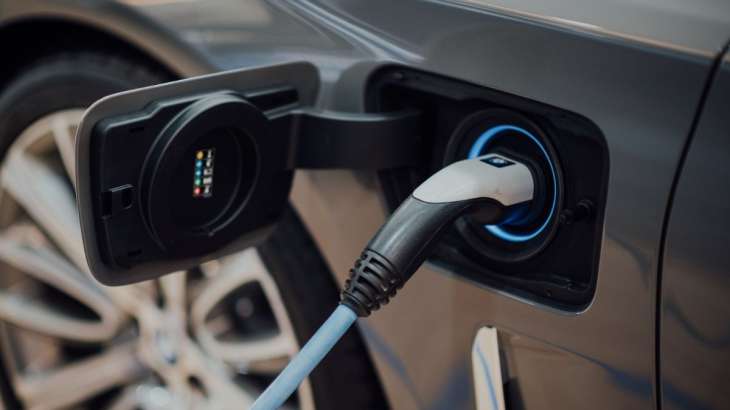
As the adoption of Electric Vehicles (EVs) continues to grow in India, the development of charging infrastructure requires a significant increase. According to a report by Counterpoint, the country is expected to get around 10,000 public charging stations by 2025.
The growing demand for EVs in India is driven by several factors, including concerns about air pollution and the need to reduce dependence on fossil fuels. The government has also set ambitious targets for EV adoption, with plans for 30% of all vehicles on the road to be electric by 2030.
However, the lack of comprehensive charging infrastructure remains a major obstacle to the widespread adoption of EVs. With the limited number of charging stations currently available, many EV owners are hesitant to make the switch. To address this issue, the government has announced plans to set up 5,000 charging stations across major cities by 2020, while private companies such as Tata Power and Reliance Industries are also investing in the development of charging infrastructure.
“We are working with PSUs and corporates to meet their demand for EV charging solutions and its maintenance. We are working with the EV fleet to ensure that they operate uninterruptedly in their areas of operation. We are setting up community charging stations at no cost to societies in metro cities,” Raghav Arora, co-founder and CTO of EV charging solutions provider Static, was quoted as saying by IANS.
Read also: Budget 2023: Indian MSMEs have high expectations from the Finance Ministry
Apart from government and private investments, there is also a need for collaboration between various stakeholders such as vehicle manufacturers, charging station operators and utility companies to ensure effective roll-out of charging infrastructure. This includes the development of standardization for charging connectors and payment systems.
“By 2025, the market share of electric passenger vehicles in India is expected to exceed 6 percent. In terms of EV adoption, the three-wheeler segment will account for 4 percent share,” claims Soumen Mandal, senior research analyst for IoT, automotive and device ecosystem at Counterpoint. leading the market with 3.5 per cent followed by two-wheelers (3.5 per cent) and passenger vehicles (1.3 per cent).
questions to ask
Why is charging infrastructure important for EV adoption in India?
Charging infrastructure is critical to the adoption of EVs in India as it allows electric vehicle owners to charge their vehicles conveniently and reliably. Without adequate charging infrastructure, EV adoption may be hindered.
What is the current status of charging infrastructure in India?
Currently, the charging infrastructure in India is still at a nascent stage of development. While some charging stations are available, they are not yet as widespread or reliable as they need to be to support widespread EV adoption.